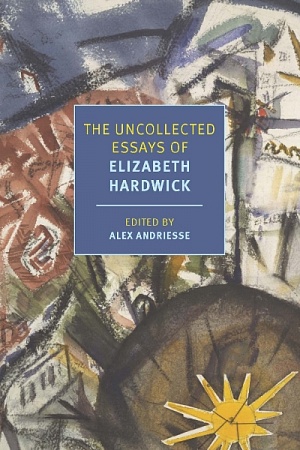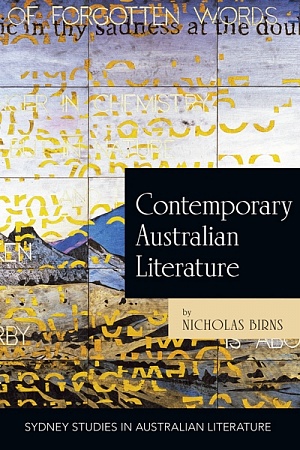England Through Colonial Eyes in Twentieth Century Fiction
Palgrave, $119.70 hb, 207 pp
Hot Wax Criticism
In Salman Rushdie’s The Satanic Verses, much of the action occurs amongst the migrant clientele of the Hot Wax Club. The club is decorated with waxworks of England’s notable but unacknowledged migrant ancestors: Mary Seacole, Ignatius Sancho and Grace Jones, among others. As Leela Gandhi points out in her discussion of Rushdie’s novel, we are encouraged to read the Hot Wax clubbers as historians disinterring the nation’s past to reveal a secret history of immigration, a past which is used strategically to reshape understandings of contemporary Britain. The project of this book is similar. What happens when we examine representations of England and Englishness by writers who are travellers, émigrés and immigrants from its diaspora?
Continue reading for only $10 per month. Subscribe and gain full access to Australian Book Review. Already a subscriber? Sign in. If you need assistance, feel free to contact us.















Leave a comment
If you are an ABR subscriber, you will need to sign in to post a comment.
If you have forgotten your sign in details, or if you receive an error message when trying to submit your comment, please email your comment (and the name of the article to which it relates) to ABR Comments. We will review your comment and, subject to approval, we will post it under your name.
Please note that all comments must be approved by ABR and comply with our Terms & Conditions.